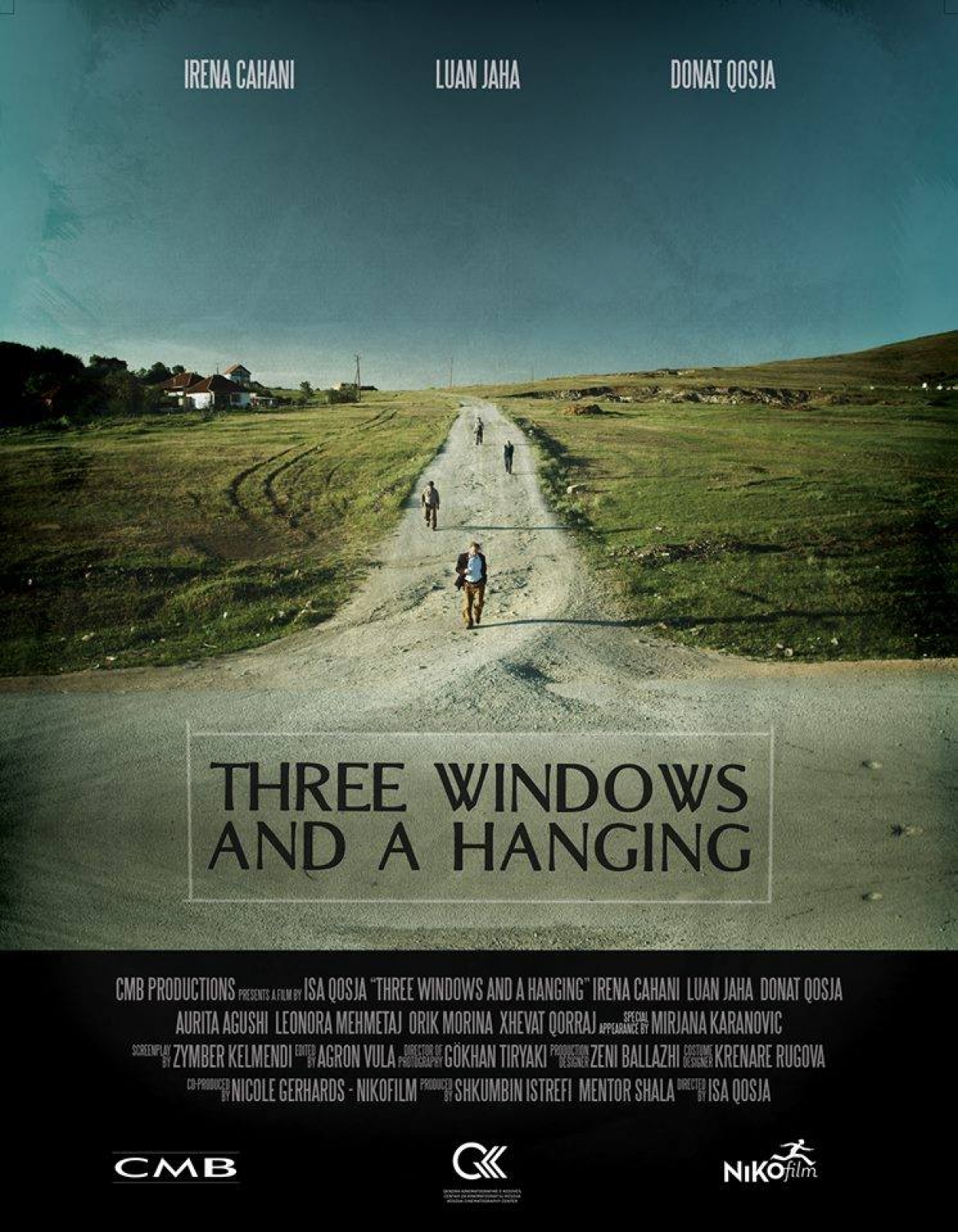SYNOPSIS
In a traditional village in Kosovo, a year after the war (2000) when people are rebuilding their lives, the female school teacher Lushe is driven by her inner conscience to give an interview to an international journalist, telling her that she and three other women from the village were raped by Serbian forces. When the news is published, the male villagers start being suspicious about their wives. As soon as they realize that it was Lushe who spoke to the journalist, they start to stigmatize her and her little boy, asking her to leave the village, and try to find out if their own wives were among those raped. This pressure continues until Ilir (Lushe’s husband), who was in jail as a prisoner-of-war, returns home. They try to convince Ilir to divorce Lushe. He gets emotionally confused at the beginning, but later, at a village wedding scene, he decides to stay on Lushe’s side, telling everyone that they should not blame, but rather apologise to their wives for not having treated them as victims. A critical view of a society which survived the war, won its independence but still struggles with human equality. An insightful portrait of a Balkan village, of a patriarchal microcosm, and of its mayor who desperately wants to control the village life. Of husbands who feel forced to behave strong, but act against their own emotional interest. A reflection of rituals which not only show gender inequality, but also the absence of freedom of expression within the male community.








